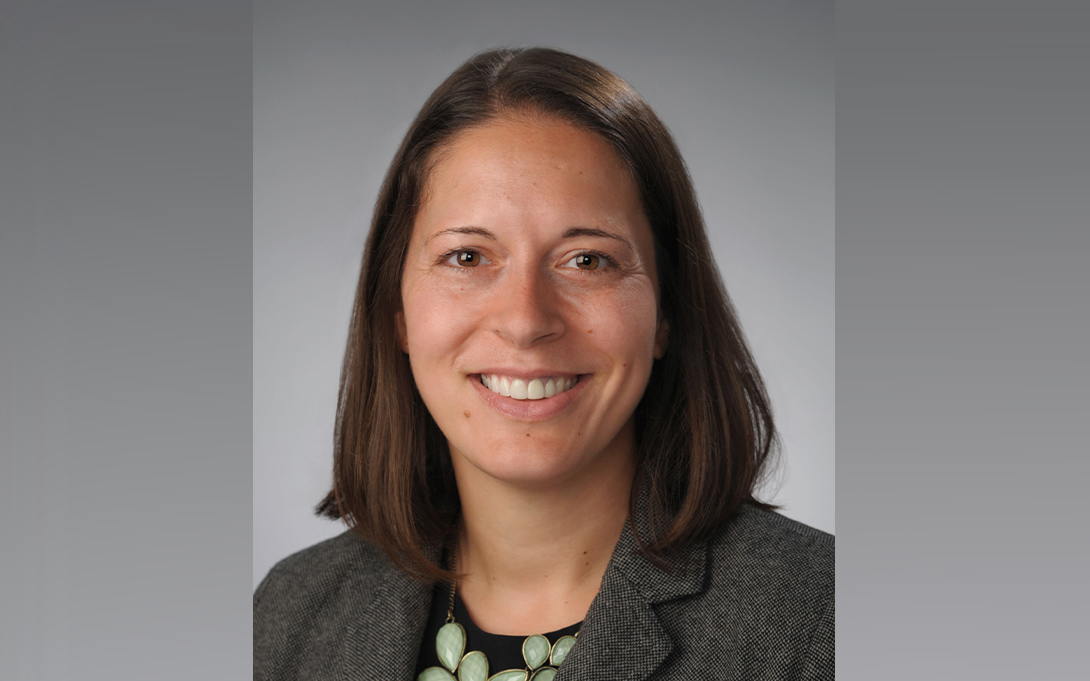
Kathy Michelmore, who was a IES postdoctoral fellow at the Education Policy Initiative (2014-2016), returns to the Ford School and adds social and education policy expertise. She is a leading scholar and educator on the social safety net, education policy, labor economics, and economic demography. In 2015, she worked with Susan Dynarksi to design and launch the HAIL (High Achieving Involved Leader) scholarship program, which provides low-income students with an early, four-year guarantee of free tuition and fees, without requiring them to fill out the FAFSA. Her 2019 study with Natasha Pilkauskas found that increases to the Earned Income Tax Credit helped low-income single mothers improve their housing outcomes. Kathy recently commented about the permanent expansion of the Child Tax Credit on NPR Marketplace.
Ford School: Which of your projects are you excited about right now?
This is hard to choose, but I think I am most excited about a survey that Natasha Pilkauskas, Luke Shaefer, and I are doing with Propel to see what families are doing with their Child Tax Credit benefits. We are already getting some survey results showing families spending the money on things like food and clothing, and we are excited to see how the credit will affect food insecurity and other material hardships in the future.
Ford School: What do you enjoy teaching?
I really enjoy teaching research methods/program evaluation. I think a lot of students come in with a fear of math/numbers and might be worried that they won't find the course interesting, and I really enjoy showing how statistics can be really interesting, and so important for understanding how social policies affect our wellbeing.
Ford School: How are you thinking about the impact of the pandemic on education?
I am really concerned about how the pandemic is affecting education, and the inequities that are exacerbated by the pandemic. I definitely found some silver linings and learned some new tricks from teaching online that I hope to bring into the classroom this fall when teaching in person, but I really worry about the differential effects of the pandemic-- who has access to technology and high-speed internet, or more basic things like having a quiet room to take a zoom class in. Beyond that, I also worry about how much is lost on zoom and zoom fatigue, but I have also been really impressed over the past year and a half with students' resilience and ability to make lemonade out of lemons.
Ford School: What are you reading or watching right now?
I've been really into Mindy Kaling's show on Netflix, Never Have I Ever, and am also looking forward to watching The Chair (although that might hit too close to home). I also just finished reading The Whiteness of Wealth, by Dorothy Brown, which was a great insight into the systemic racism embedded in the tax code. Highly recommend to all!
